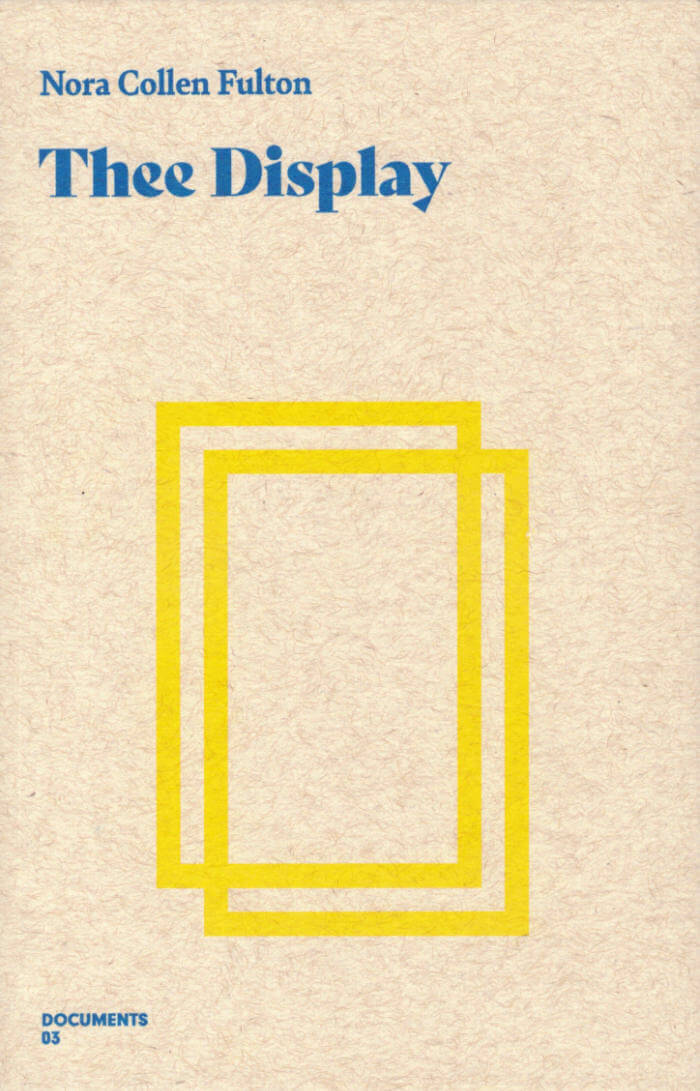
Spells: Occult Poetry in the 21st Century
Rebecca Tamas ed., Sarah Shin ed.
Spells brings together thirty-six contemporary voices exploring the territory where justice, selfhood and the imagination meet the transformative power of the occult. These poems unmake the world around them, so that it might be remade anew.
With Kaveh Akbar, Rachael Allen, Nuar Alsadir, Khairani Barokka, Emily Berry, A.K. Blakemore, Jen Calleja, Vahni Capildeo, Kayo Chingonyi, Elinor Cleghorn, CAConrad, Nia Davies, Kate Duckney, Livia Franchini, Will Harris, Caspar Heinemann, Lucy Ives, Rebecca May Johnson, Bhanu Kapil, Amy Key, Daisy Lafarge, Dorothea Lasky, Ursula K. Le Guin, Francesca Lisette, Canisia Lubrin, Karen McCarthy Woolf, Lucy Mercer, Hoa Nguyen, Rebecca Perry, Nat Raha, Nisha Ramayya, Ariana Reines, Sophie Robinson, Erica Scourti, Dolly Turing, Jane Yeh.
Language: English







